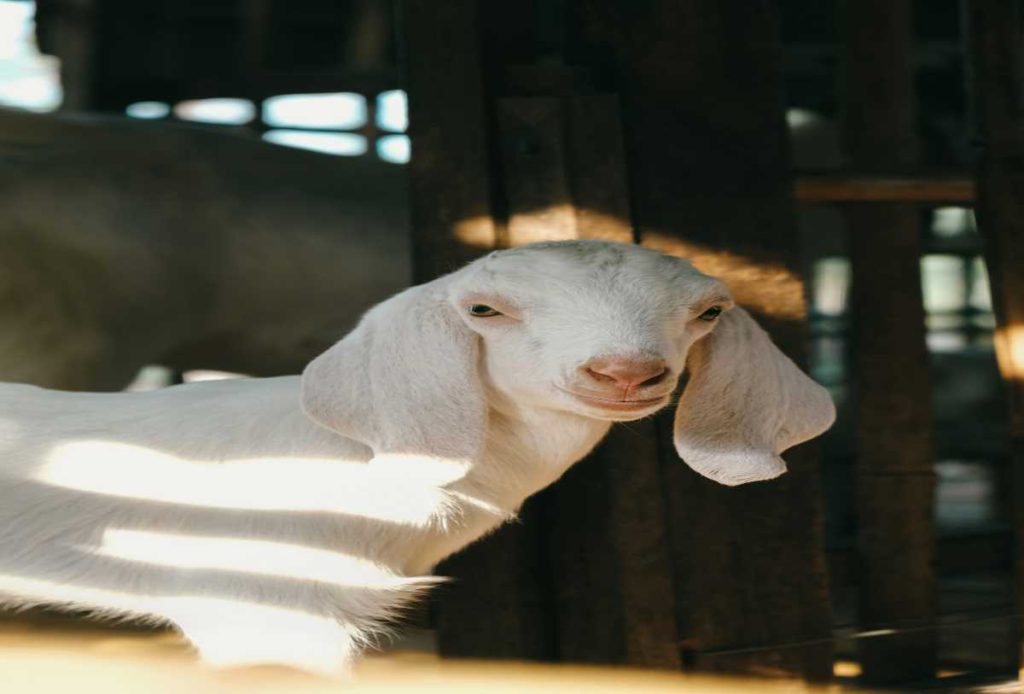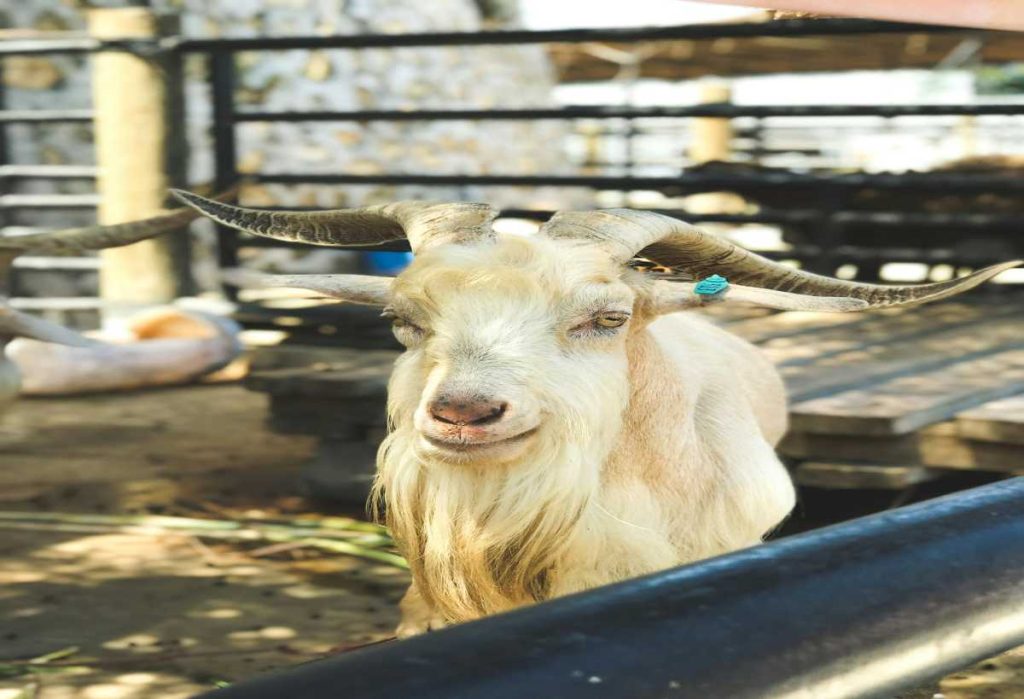Keeping your goats healthy is the foundation of a successful farm. Healthy goats are happier, more productive, and less prone to illnesses that can disrupt your herd and strain your resources. Here are the top five essential tips to maintain your goats’ health, from nutrition and grooming to preventive care.
1. Provide Balanced Nutrition
Overview:
A balanced diet is crucial for a goat’s growth, health, and productivity. Goats need a well-rounded diet that provides all the essential nutrients, including protein, fiber, vitamins, and minerals.
Tips for Goat Nutrition:
- Quality Forage: Goats thrive on good-quality hay, such as alfalfa or grass hay. Pasture grazing also provides a variety of nutrients and is ideal for their digestive health.
- Mineral Supplements: Goats need specific minerals, like copper and selenium, which they might not get from regular feed alone. Providing a mineral supplement designed for goats can prevent deficiencies.
- Fresh Water: Always provide clean, fresh water. Dehydration can lead to digestive issues and lower immunity.
- Avoid Toxic Plants: Goats are curious eaters, so ensure their grazing area is free of plants like rhododendron, azalea, and oleander, which are toxic to goats.
2. Regular Hoof Trimming
Overview:
Hoof health is critical for a goat’s mobility and overall well-being. Neglected hooves can lead to infections, difficulty walking, and conditions like foot rot.
Tips for Hoof Care:
- Trim Every 6-8 Weeks: Regular hoof trimming is essential. If hooves grow too long, it can affect the goat’s ability to walk and lead to joint issues.
- Inspect During Trimming: While trimming, look for signs of rot, abscesses, or other issues. Early detection can prevent minor issues from escalating.
- Dry Living Conditions: Keep your goat’s environment dry. Wet or muddy ground can increase the risk of foot rot and infections.
- Use Proper Tools: Invest in a quality hoof trimmer and follow a guide or consult a vet if you’re new to the process.

3. Deworming and Parasite Management
Overview:
Goats are particularly susceptible to internal parasites, which can cause weight loss, anemia, and even death if untreated. Parasite control is essential for a healthy herd.
Tips for Parasite Management:
- Fecal Testing: Instead of routine deworming, conduct fecal tests to determine the presence and load of parasites. This prevents unnecessary use of dewormers and helps avoid resistance.
- Pasture Rotation: Moving goats to different grazing areas periodically can help break the parasite life cycle and reduce exposure.
- Look for Signs of Worms: Monitor for signs of a heavy parasite load, such as weight loss, poor coat condition, or pale gums.
- Consult a Vet: Work with your veterinarian to create a deworming schedule tailored to your herd’s needs, taking into account factors like climate and pasture conditions.
4. Regular Vaccinations and Health Checks
Overview:
Vaccinations are an essential part of preventive care for your goats. Regular health checks help catch potential issues before they become serious.
Tips for Vaccination and Health Monitoring:
- Essential Vaccines: The CDT vaccine, which protects against clostridial diseases (enterotoxemia, tetanus), is highly recommended. Discuss with your vet about other vaccines suitable for your area.
- Monitor Body Condition: Regularly assess your goats’ body condition and weight to catch early signs of illness or malnutrition.
- Observe Behavior: Changes in behavior, such as decreased activity, isolation, or a drop in appetite, are often the first signs of health problems.
- Consult a Veterinarian: Schedule annual vet check-ups and have a vet on call for emergencies. Early intervention can make a big difference in recovery.

5. Maintain a Clean Environment
Overview:
A clean, well-maintained environment is vital for preventing disease and ensuring your goats are comfortable and healthy. Goats thrive in clean, dry, and safe conditions.
Tips for Environmental Management:
- Clean Bedding Regularly: Fresh, dry bedding reduces the risk of respiratory issues and foot problems caused by dampness and bacteria.
- Proper Ventilation: Goats need fresh air to avoid respiratory problems. Ensure that barns and shelters have good airflow, especially in enclosed spaces.
- Manure Management: Regularly clean up manure to minimize flies, reduce odor, and prevent disease.
- Secure Fencing: Good fencing not only protects goats from predators but also prevents them from getting into areas with potentially toxic plants or materials.
Conclusion: Healthy Goats, Happy Farm
Maintaining your goat’s health is about proactive care, from balanced nutrition and regular grooming to vaccinations and a clean environment. By following these five essential tips, you can keep your goats healthy, productive, and happy, ensuring a thriving herd and a successful farm. With the right approach, goat care can be a rewarding experience that brings value to your farm and improves the quality of life for your animals.

